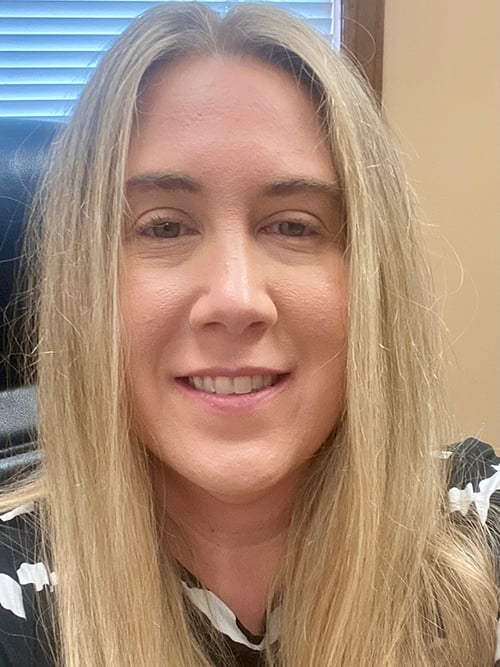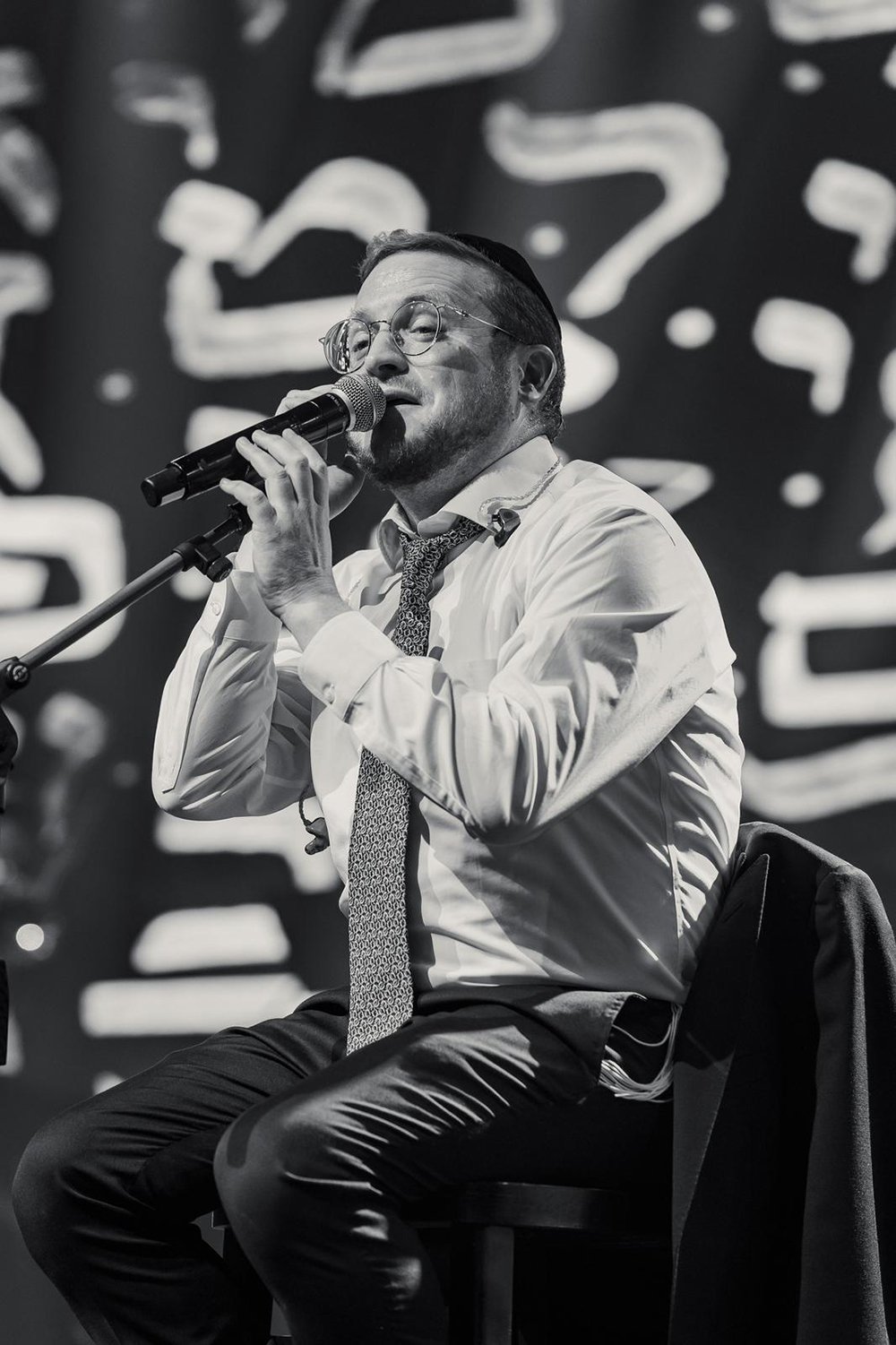In an ideal world, Shabbos might start at 6 PM every week of the year. That would allow people to put in an almost full day of work instead of having to leave the office early in the afternoon during the winter months. However, such is not the case and we are bound by the setting sun to be ready for Shabbos each week at sunset.
Many individuals plan accordingly in order to be ready on time. Some cook and shop on Thursday night, others assign tasks to their children, and somehow we all manage to light candles on time. Should Shabbos always be preceded by a breathless run to the finish line? Shouldn’t our hardworking baalebustas be able to relax for an hour before Shabbos? Why the maddening rush? One of the interesting aspects of this phenomenon is that no matter if Shabbos is at 4 PM or 8 PM, the same rush seems to take place.
To be shomer Shabbos doesn’t only mean to refrain from prohibited activities on Shabbos. The shomer aspect doesn‘t only mean to observe/refrain/guard. It means to anticipate or to look forward to something. When Yosef tells his dreams to his brothers and father, Yaakov “shamar es hadavar,” Yaakov watched, or as Rashi explains, he waited with eager anticipation for the dreams’ fruition. Hence, shomer Shabbos can be understood to mean not just Shabbos observant but Shabbos anticipant. We don’t just observe Shabbos; we anticipate its arrival all week long.
The Rabbis of the Talmud wanted us to feel Shabbos coming as early as possible. Since technically Havdalah can be recited until Tuesday, that means from Wednesday on we should start gearing up for Shabbos. If Shammai the Elder came across a delicacy early in the week, he would set it aside for Shabbos. If, later in the week he would come across an even nicer delicacy, he would set it aside and eat the first item. Thus, he considered his weekday meals to be in honor of Shabbos. Shammai was thinking of Shabbos all week long.
Chazal placed “Lechu Neranena” at the end of the “Shir shel Yom” of Wednesday. The editors of the siddur must have deliberately wanted the reader to turn to Kabbalas Shabbos, leading to a greater anticipation of the coming Shabbos. Some (German) siddurim do not print the last three pesukim of the “Shir shel Yom” (Daily Psalm) for Wednesday, beginning with “Lechu Neranena,” etc. The siddur directs the reader to the beginning of the Kabbalas Shabbos prayer recited on Friday night. The editor of the siddur must have purposely wanted the reader to turn to Kabbalas Shabbos, leading to a greater anticipation of the coming Shabbos.
On Wednesday morning, the week turns. On Thursday already, the anticipation of Shabbos builds, and we should finish as many Shabbos preparations as possible. Erev Shabbos is then no longer the proverbial madhouse, but this is not the main reason to have much of the cooking done and the table set by Thursday night. Simply put, we want to pull Shabbos into the week as much as possible.
To be Erev Shabbos observant also means something concrete. It means that one will not save Shabbos preparations for the last minute and fall prey to the outbursts of anger, frustration, or tension that pepper many homes in the hours or minutes before candle lighting. It means internalizing that Shabbos is not just an escape from, but a journey to – not just an end to the worries of the week, but a window to the Divine.
Rav Soloveitchik zt”l famously spoke about the missing “Erev Shabbos Jew” in America. He lamented that there are Sabbath-observing Jews in America, but there are not ‘Erev Shabbos” Jews who go out to greet Shabbos “with beating hearts and pulsating souls.” There is another important point he was simultaneously making: Do we long for the depth and deeper spirit embedded in this unparalleled weekly celebration? The Rav expounded on the profundity of the Shabbos and the rich spiritual hues we are meant to discover in it.
He observed “A person works on Friday until the last moment. He speeds home, arriving fifteen minutes before candle lighting time, then jumps into the shower, then back into the car, then speeds to shul just in time for the beginning of Mincha. This is not Shabbos. Holiness requires preparation.”
Just as we are commanded to put Shabbos at the center of our lives, we are also commanded to work for six days. This is both a religious and a logical prerequisite for experiencing Shabbos as it is meant to be. Shabbos may be seen as a one-day-a-week respite—and a glorious one at that—or Shabbos may be seen as the day that both influences the rest of the week and constitutes the week’s yearning and anticipation. If the latter, then we become not merely shomer Shabbos Jews, but Erev shomer Shabbos Jews.
Rabbi Dr. Wallace Greene tries not to be out of breath for Friday Mincha.











